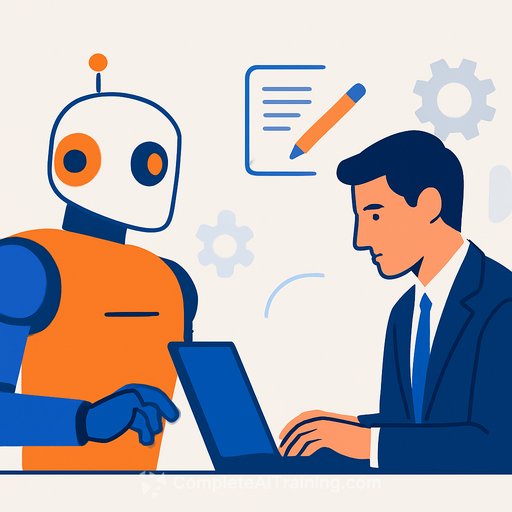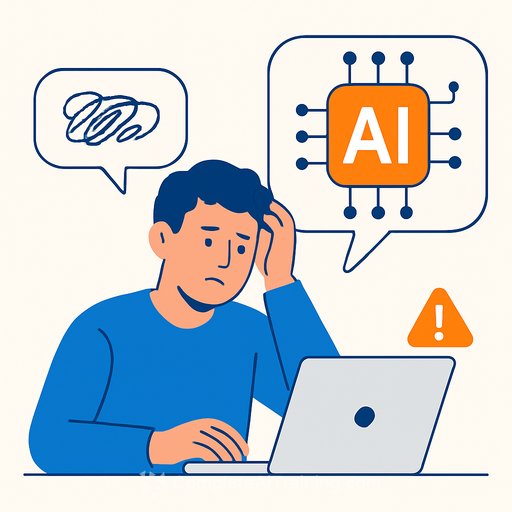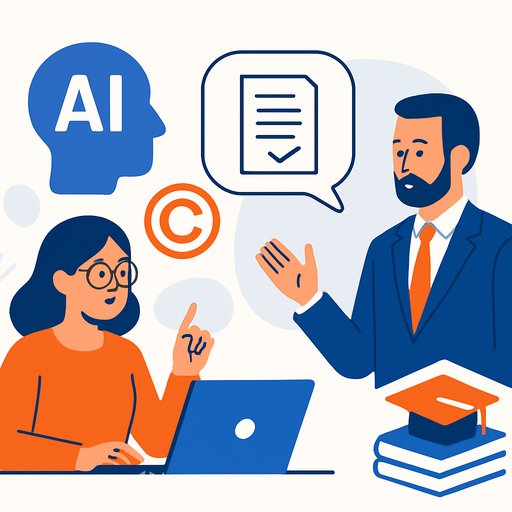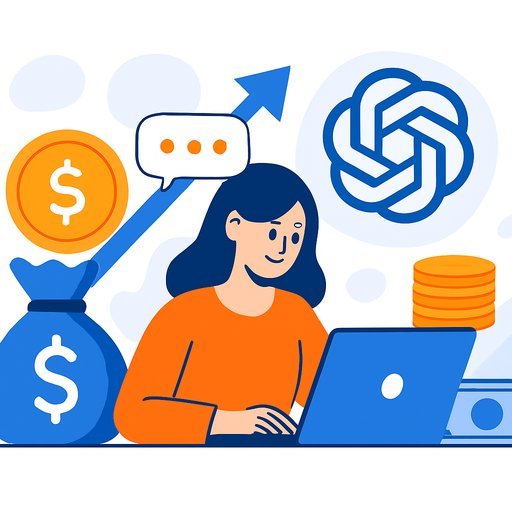'Wholesale theft': Aussie creatives push back on AI data mining - and what writers should do next
Australian musicians and writers have told a Senate committee that any use of copyrighted work to train AI should be paid for. The proposed text and data mining exception - which would let local companies ingest work without permission - was called a direct threat to creative livelihoods.
The message was clear: no free rides. If tech wants the data, it needs to license it.
What's on the table
The Productivity Commission is consulting on a possible new "fair dealing" exception for text and data mining. The federal government has signalled no immediate changes to copyright law, yet global firms already lean on the United States' contested "fair use" to train on content from everywhere.
That mismatch puts Australian writers at risk of being swept into training sets without consent or payment.
Artists' stance
Holly Rankin (Jack River) said adding a data mining exception would dismantle the copyright system, "legalising the theft of Australian culture at scale". Her point: these companies can pay for licences - they just don't want to.
Rankin also criticised opt-out systems that force individuals to fight global giants, noting some companies ignore requests. Paul Dempsey called the proposal "wholesale theft" and pointed out the double standard: tech firms protect their own IP while expecting free access to others' work.
Adam Briggs raised concerns for First Nations cultural protocols - who holds stories, who can tell them, and when - and asked what safeguards exist to protect Indigenous intellectual property.
Economic pressure on creators
Professor Toby Walsh told the committee AI systems are already taking money away from creators and publishers, citing traffic drops linked to AI-generated summaries. Less traffic means fewer readers, fewer ad dollars, and fewer opportunities for paid work.
Process under fire
OpenAI was invited to the hearing but did not respond. The Tech Council of Australia reportedly said no representatives were available. Under questioning, the Productivity Commission acknowledged it had not consulted major collecting societies or other key creative bodies for its interim work - and had not modelled the economic impact on the creative economy.
The Commission noted it has now received hundreds of submissions and will deliver its final report to government on 13 December.
What this means for writers
If an exception goes through, you could see your work used in training sets without permission or payment. Even without a change, overseas companies may still ingest your content unless you block them or license it on your terms.
What you can do now
- Join a collecting body and your industry groups (e.g., Copyright Agency, Australian Society of Authors) to strengthen your position in negotiations and policy.
- Set clear licensing terms on your site: state that AI training requires a paid licence and explicit permission.
- Use crawler opt-outs where possible. Examples: robots.txt entries for "GPTBot", "CCBot", and "Google-Extended" to signal no training or dataset use.
- Audit where your work lives. Check platform settings, syndication deals, and any opt-out controls those platforms offer for AI training.
- Track usage. Keep archives and timestamps of your work, so you can prove authorship and respond to misuse.
- Engage in the policy process. Submit feedback to the Productivity Commission and your MPs while consultations are open.
Why licensing matters
Licensing allows AI companies to innovate without stripping value from writers. It creates a market, sets terms of use, and pays the people who make the source material. That's how we keep a creative economy alive while new tools evolve.
Stay informed
Review the Copyright Act basics and follow the Productivity Commission's updates:
Optional: work with AI on your terms
If you choose to use AI as a tool (without giving away your rights), focus on private, licensed, or local setups for drafting and ideation. For a pragmatic overview of tools that support writing workflows, see this resource:
The bottom line: consent, credit, and compensation. If AI companies want your words, they can license them.
Your membership also unlocks:






